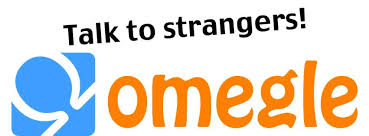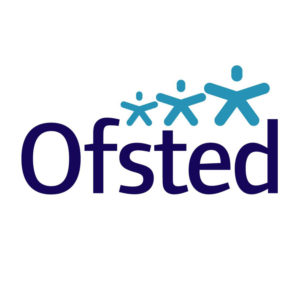
What is Omegle?
Omegle.com is a website where users connect and chat via webcam. As the tagline suggests, Omegle connects you with random strangers.
Omegle has been around for many years, and there have always been concerns about the risk that young people who visit the site will potentially see sexual activity and be enticed into sexualised conversations/activity.
Omegle has no app version.
New concerns for children and young people
Omegle has recently become very popular with young people, and this appears to be due to links from the very popular app, TikTok. A BBC investigation has found that young people visiting Omegle are highly likely to see nudity and sexual activity on screen. They are at risk of being asked to remove their own clothing and participate in sexual activity. Their on-screen activity can be recorded, shared and used among the paedophile community online. The risk level is very high.
Here is a link to the BBC News report (video):
https://www.bbc.co.uk/news/av/technology-56105482
N.B. TikTok has now taken action to ban links to Omegle.
Action
We advise you to apply parental controls to block access to this site.
- Your broadband provider’s parental controls will allow you to add the site to your ‘blocked sites’ list. A young person who is connected to your home wifi will subsequently be unable to visit the website.
- Add the website to the ‘blocked sites’ list in Windows Family Safety for children’s accounts.
- Check if your child’s phone will allow you to block specific websites.
Check your child’s browsing history to see if they have been visiting Omegle. If they have, you will need to have a conversation with them about the risks of this website, and whether they have seen anything of concern or been asked to engage in sexual activity. Contact your supervising social worker if you find that a young person has been visiting this website.
We recommend you talk generally about these risks with teenagers, without mentioning specific websites that they might otherwise not be aware of. Make sure that they are aware of CEOP’s Thinkuknow website, where they can get accurate, up-to-date online safety advice and access to support if they need it.



